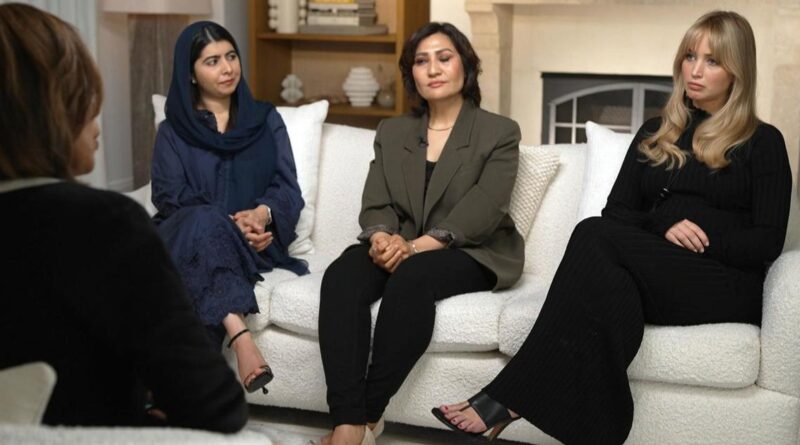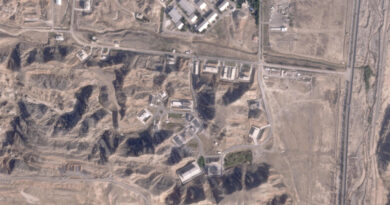Jennifer Lawrence and Malala Yousafzai shed light on Afghan women’s fight for freedom in new film
A powerful new documentary is exposing the harsh realities faced by women in Afghanistan under Taliban rule. The film, “Bread and Roses,” is directed by Afghan filmmaker Sahra Mani, produced by Oscar winner Jennifer Lawrence and executive produced by Nobel laureate Malala Yousafzai.
Mani details the grim reality faced by millions of women in Afghanistan under Taliban rule, which drew the attention of Lawrence in 2021.
“My first reaction when watching that was to do what the Taliban did not want us to do, which was give access and facilities to the people on the ground to capture what was happening on the ground in real-time,” she said. “Because obviously the Taliban flourishes in secrecy.”
Some of the strict limitations imposed on women in Afghanistan under Taliban rule include prohibiting women from working, pursuing education, or even leaving their homes without a male escort. They are also barred from singing, playing music, making films, and, more recently, dining at restaurants or purchasing food in public.
Lawrence and her producing partner, Justine Ciarrocchi, set out to reveal these realities in Afghanistan through the eyes of Afghan women. They enlisted Mani to direct the documentary and Yousafzai joined the project as an executive producer to help amplify its message.
When asked why the Taliban opposes women’s education, Yousafzai said, “We have been trying to figure out an answer to that for the past 30 years…I cannot find any explanation that justifies it to me. How can you stop a girl from her school? They come up with these excuses that it’s culture, it’s religion. There is no culture, excuse. The true representatives of that culture are the Afghan women and girls that we’ve seen in the documentary.”
The documentary follows three Afghan women who secretly filmed their protests. Mani said she wanted to capture the intimate moment of their life and give people an opportunity to see what life is like for Afghan woman under a Taliban dictatorship. But she also wanted to encourage by highlighting their strength.
It’s a reality that Lawrence said would be difficult to experience.
“I can’t imagine not being able to take a taxi or being able to listen to music. I can’t imagine if just the sound of my voice was illegal,” she said.
Lawrence, known for her activism, acknowledged the dangers of speaking out but said the stakes were too high to stay silent.
“There’s 20 million women whose lives are in danger,” she said.
Yousafzai, who survived a Taliban attack in 2012, reflected on the ongoing fight for women’s rights.
“What really shook me was the fact that people stand with you once you have survived, but we don’t look at people who are still under a big threat,” she said. “Let’s share our solidarity with them.”





